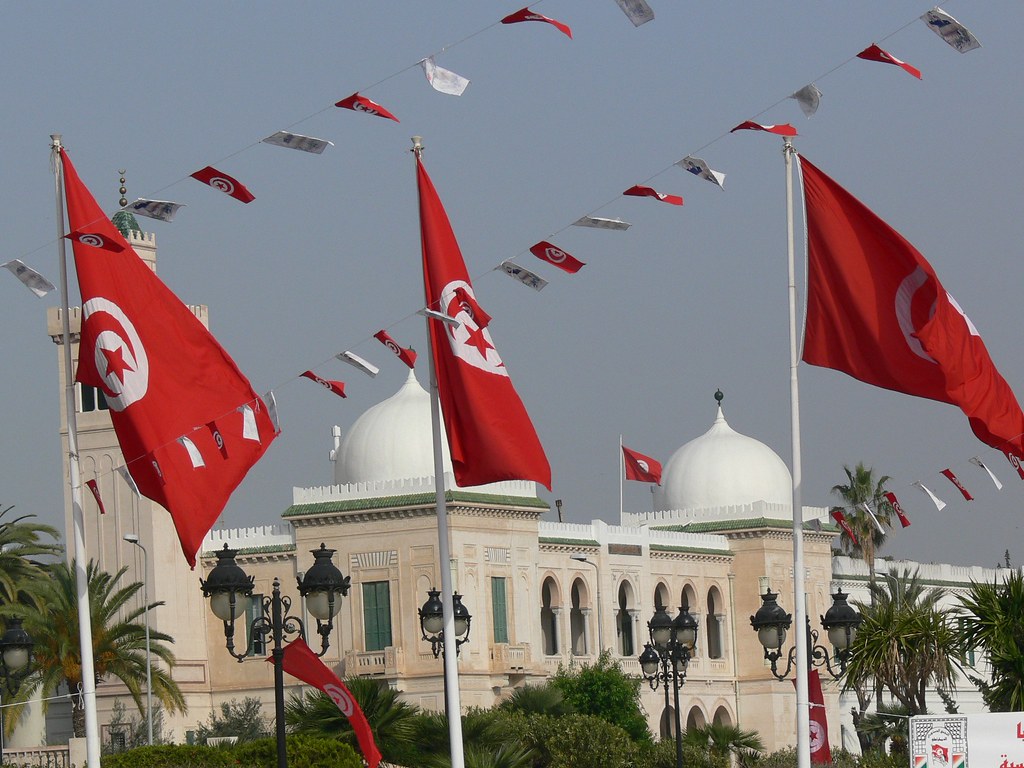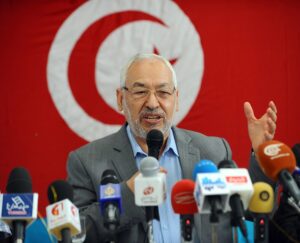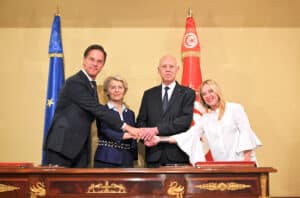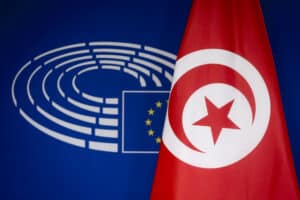On the 10th of August, Tunisian Prime Minister-designate Hichem Mechichi announced his intention to form a technocratic government. President Kais Saied appointed then-Interior Minister, Hichem Mechichi, as the new Prime Minister, following the resignation of Elyes Fakhfakh after only five months in office. Mechichi should form a government capable of winning a confidence vote in parliament by a simple majority by the end of this month; otherwise, the President Saied will dissolve parliament and call for early elections.
Mechichi said that forming a technocratic government is a must since there is a lack of harmony among political blocs and citizens are losing confidence in the political elites.
The proposal is supported by the influential trade union UGTT and some smaller political parties, such as Dustroury el Hor and Tahya Tounes. President of Qalb Tounes, Nabil Koroui, also backed the proposal. He stated that a government of experts would ensure the proper functioning of the State according to programmes and visions in line with the social and economic agenda of Qalb Tounes.
Following the meeting with the PM, Abir Moussi, leader of the Free Destorian Party, said her party supports the formation of the technocratic government.
However, MP of the Democratic bloc and Secretary-General of the Echaab movement Zouheir Maghzaoui said: “The technocratic government does not have all necessary guarantees to succeed. This government will feel “the fear“ of a possible parliament dissolution even if it is granted confidence.“ He warned against the cancellation of the role of political parties, adding that non-partisan government is not applicable on the ground. Maghzaoui said his party prefers going to the early elections rather than joining a government that includes Ennahda.
Some analysists see threat by certain political parties to hold early parliamentary elections as a leverage in the negotiations with the PM-designate.
Seifeddine Makhlouf, president of the Al Karama parliamentary bloc, stated his party will not trust a technocratic government, calling Mechichi’s decision a “coup against the will of the people.” He believes that Mechichi’s proposal was imposed by the President Saied.
Another opponent is the country’s largest political faction, the Islamist Ennahda party which already announced that it would oppose the formation of the non-partisan government. Ennahda stated that the new government should reflect party presentation in parliament, where the Islamist party constitutes the leading formation with 52 out of 217 seats. Ennahda has been defending the formation of a “political government“ that would include from Ennahda as well as the party’s two political allies, Qalb Tounes and the far-right Al Karama. In that way, the Islamist movement could expand its influence within different state institutions.
Still, some experts think that Ennahda will eventually grant Mechichi it’s vote of confidence considering people’s genereal distrust with political parties and will to give independent technocratic figures a chance to tackle the worsening socio-economic crisis.
Sources: Reuters, Arab News, DW, TAP 1, TAP 2, MEO
Photo: Flickr



